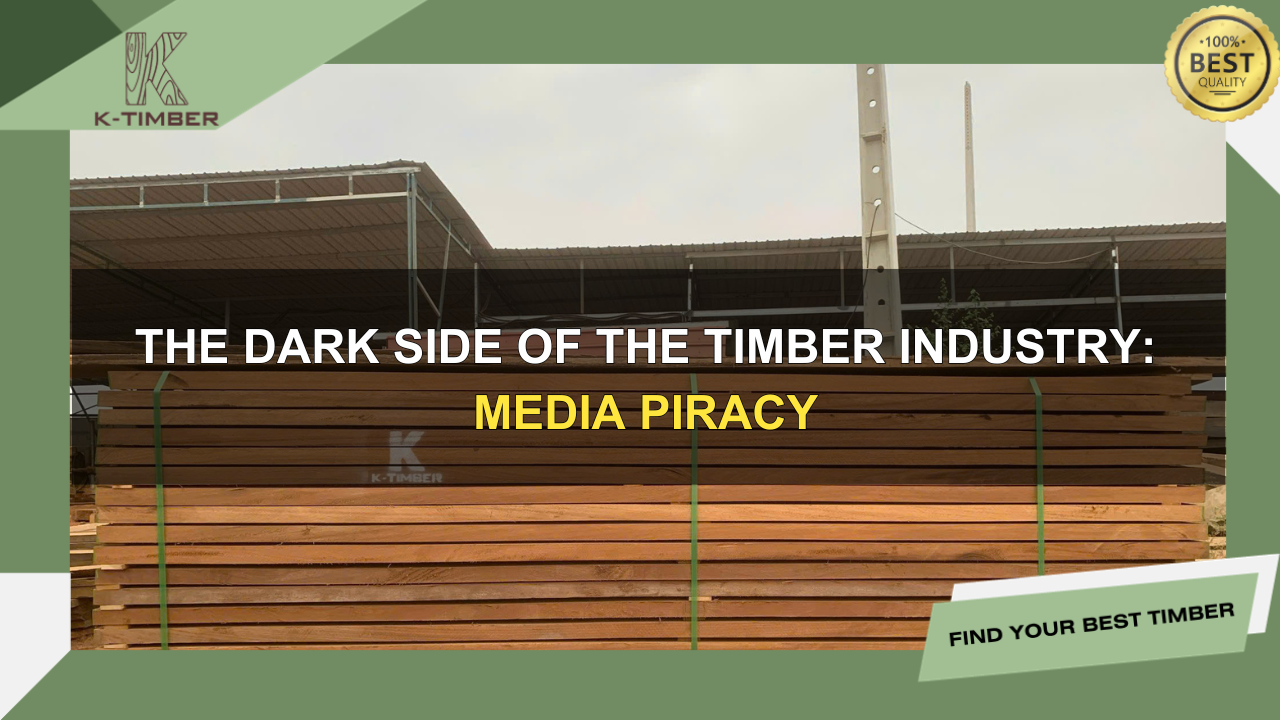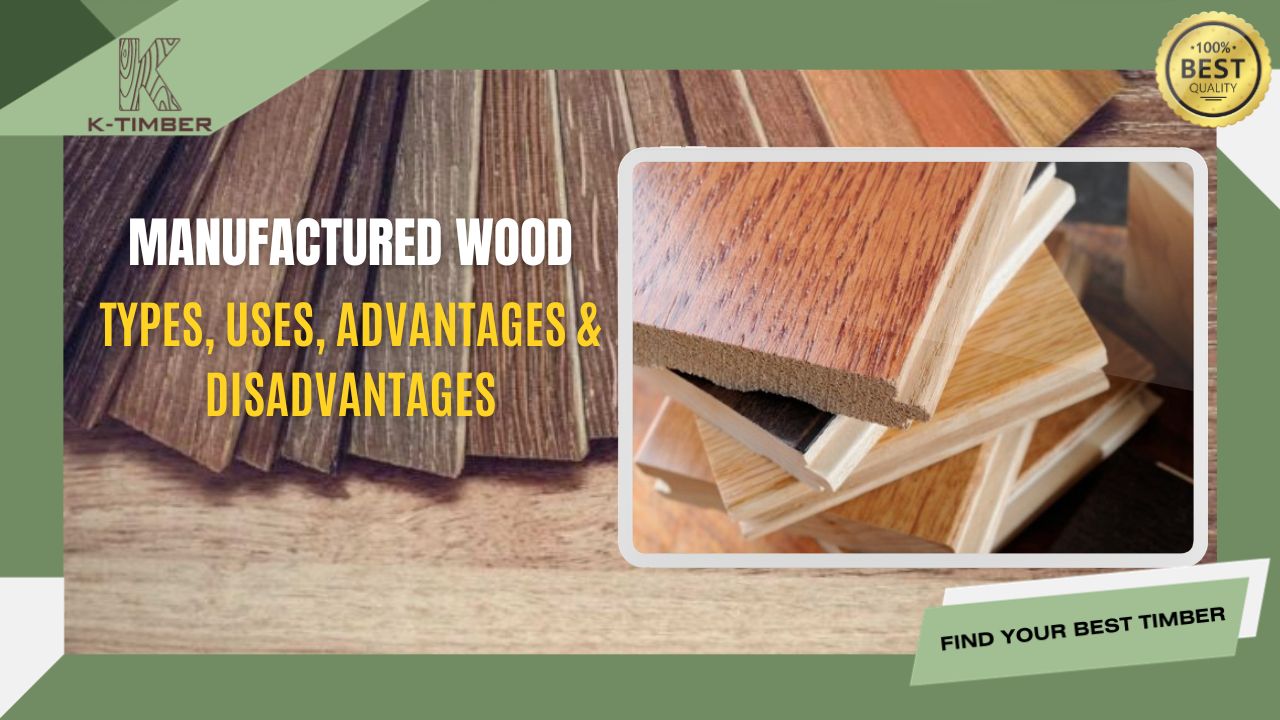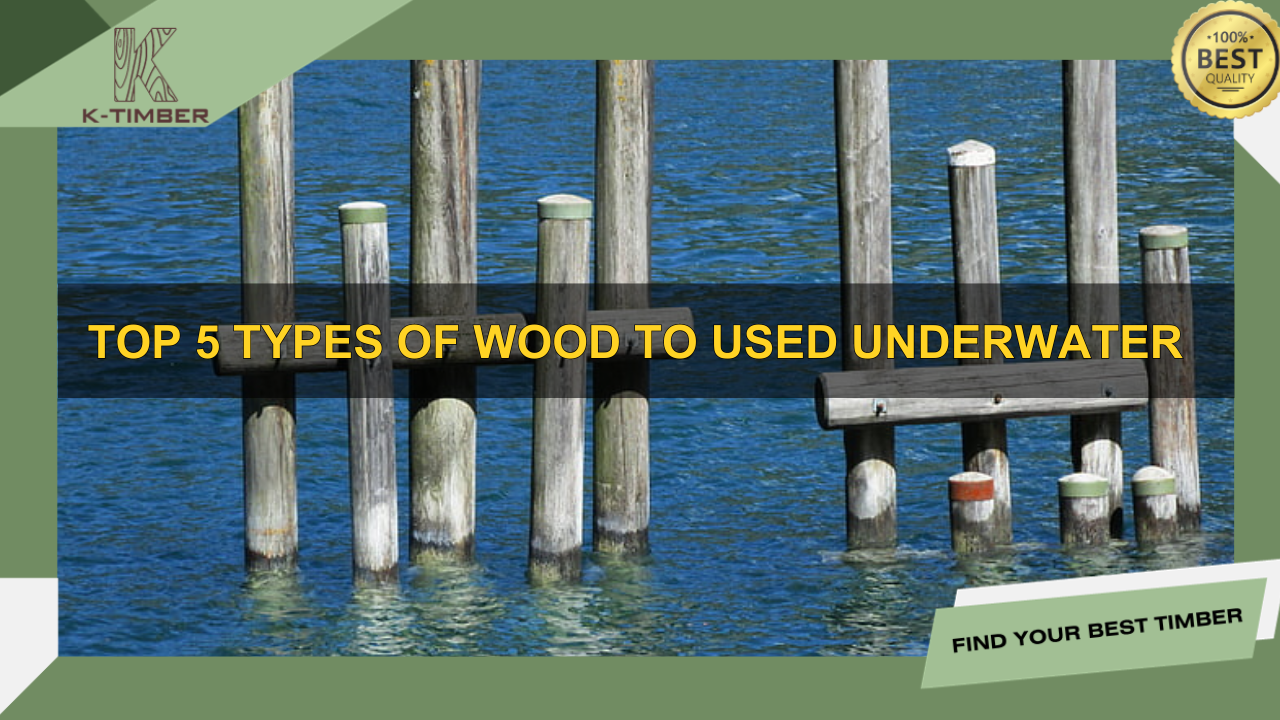In the process of searching for high-quality hardwood, European customers are often confused between Cameroon, Gabon, and Angola. Each of these countries offers unique features and benefits, from wood quality to warranty commitments. In this article, K-TIMBER will provide an in-depth look at the hardwood sources from these three regions, helping customers shape their purchasing decisions based on complete and specific information.

Table of Contents
- 1 The importance of hardwood to the European market
- 2 Overview of hardwood resources in Cameroon, Gabon, and Angola
- 3 Compare the quality and characteristics of wood from Cameroon, Gabon and Angola
- 4 Analyze sustainability factors and environmental impacts
- 5 K-TIMBER – TOP 1 WOOD EXPORTER TO THE EUROPEAN MARKET.
The importance of hardwood to the European market
In the context of the European market increasingly demanding high quality and sustainable origin of hardwood, Cameroon, Gabon, and Angola are becoming suppliers of high quality hardwood. With the third largest total forest area in the world, Africa is a diverse source of 18% of global hardwood. Of these, Cameroon and Gabon provide about 60% of sapele and okoume wood, two types of hardwood that are popular in the international market for their durability and natural beauty. Angola, with great potential that has not been fully exploited, is starting to emerge as a new source of supply (Sapele, Iroko, Sipo,..) with a strong commitment to forest protection and sustainable development. A deep understanding of these characteristics helps European customers make smart choices, targeting not only product quality but also contributing to global environmental protection efforts.

Overview of hardwood resources in Cameroon, Gabon, and Angola
In the search for the best wood source for Europe, it became necessary to compare and analyze hardwoods from Cameroon, Gabon, and Angola. Each of these countries offers unique woods with distinct qualities and sustainability characteristics, reflected in their characteristics, applications and environmental commitment. This assessment helps shape the choices for European customers in sourcing high quality and sustainable wood.

- Cameroon: Is one of the leading exporters of hardwood with about 540,000 cubic meters of wood exported each year. Cameroon is famous for woods like Doussie and Ayous, not only for their durability and natural beauty but also for their high termite resistance, making them ideal choices for furniture and flooring.
- Gabon: With 88% of its area covered by forests, Gabon mainly exports Okoume, a type of wood known for its good mold resistance, suitable for use in the shipbuilding industry and quality furniture production. High. Gabon is also implementing sustainable forest management measures to ensure long-term supplies.
- Angola: although a newcomer to the international hardwood market, has quickly attracted attention with its supply of Mussivi, Angola Padauk, and Blackwood. These woods are highly regarded for their quality, where Mussivi is famous for its hardness and durability, Angola Padauk stands out for its beautiful coloration and good value, while Blackwood is renowned for its natural beauty and finesse.
Compare the quality and characteristics of wood from Cameroon, Gabon and Angola
Exploring the best wood sources for Europe, this analysis dives into the quality and characteristics of hardwood from Cameroon, Gabon, and Angola. Each region brings unique offerings to the table: Cameroon’s diverse timber, Gabon’s sustainable practices, and Angola’s emerging market presence. This comparison aims to guide European buyers towards making informed decisions, balancing quality, sustainability, and aesthetics in their choice of hardwood.
| Feature | Cameroon | Gabon | Angola |
| Main Wood Types | Doussie, Ayous, Iroko, Ebony | Okoume, Zingana (Zebrano), Padouk | Mussivi, Angola Padauk, Blackwood |
| Durability | High for Doussie and Ebony; Iroko and Ayous have moderate durability | High for Okoume in treated forms; Zingana and Padouk are naturally durable | High for Mussivi and Blackwood; Angola Padauk has moderate to high durability |
| Workability | Generally good, varies with species; Ebony and Doussie are harder to work | Okoume is easy to work with; Zingana and Padouk can be challenging due to density | Moderate; Mussivi is hard but workable, Blackwood requires skill due to hardness |
| Common Uses | Furniture, flooring, veneer, decorative items | Boat building, furniture, veneer, decorative paneling | Furniture, musical instruments, decorative items |
| Environmental Sustainability | Varied; depends on management practices and certification of the specific wood | Sustainable practices for Okoume; certification and sustainable sourcing are key | Emerging market with potential for sustainable management practices |
Analyze sustainability factors and environmental impacts
In a world increasingly focused on sustainability, logging in Cameroon, Gabon, and Angola raises questions about the balance between economic benefits and environmental protection. Below, we will highlight the importance of developing the wood industry responsibly, while minimizing impacts on the environment and biodiversity.
Forest conservation policies and efforts in each country.

- Cameroon: Cameroon launched community forestry in 1994 to increase forest conservation and community participation in forest management. The initiative has grown to include 430 community forests, covering 1.7 million hectares, about 7% of the total forest area in Cameroon. These efforts are aimed at sustainable forest management and aim to contribute to the implementation of the post-2015 sustainable development goals.
- Gabon: Gabon has made significant strides in forest conservation, covering over 88% of its land with rainforests. The country has established 13 national parks and consistently maintained low deforestation rates. A landmark initiative saw Gabon receiving a $17 million payment in 2021 from the Central African Forest Initiative for reduced deforestation and forest degradation, marking it as the first African country to achieve this. These efforts align with Gabon’s “Green Gabon” agenda, aiming to enhance sustainable development while minimizing ecological impacts.
- Angola: Angola has gradually improved its conservation efforts since the end of its civil war in 2002, focusing on protecting its diverse ecosystems and species. Early conservation under Portuguese rule and expansion in the 1970s laid the groundwork, but conflict interrupted these efforts. Recently, Angola has worked with the United Nations Environment Programme on habitat rehabilitation and established a partnership with African Parks to manage national parks, aiming to overcome challenges posed by past governmental corruption and lack of infrastructure
FSC certification
The Forest Stewardship Council (FSC) plays an important role in forest conservation by certifying sustainably managed forests. This certification assures European buyers of the ethical sourcing and sustainability of wood products. FSC standards for forest management include environmental, social and economic criteria, thereby helping to maintain healthy forests for future generations while supporting local communities. For European consumers, FSC certification provides peace of mind knowing that their wood purchases are deforestation-free and support sustainable forest management practices.

K-TIMBER – TOP 1 WOOD EXPORTER TO THE EUROPEAN MARKET.
K-TIMBER is recognized as a premier wood exporter, distributor, and supplier from Angola, Africa, showcasing its leadership in the global wood market. With more than two decades of experience and a supply chain extending to over 30 countries, including a significant presence as a leading supplier to European customers, K-TIMBER has earned its status among the top suppliers in the wood industry.
Offering a wide variety of high-quality wood types such as Doussie, Mussivi, Iroko, Sapele, Pachyloba, and Eucalyptus, the company ensures a product quality ratio of up to 90%. Adhering to FAS standards, K-TIMBER’s products are distinguished by their durability, quality, and aesthetic value.

With the capacity to provide up to 20,000 m3 of wood monthly, facilitated by five sawmills in Angola, K-TIMBER is well-equipped to meet any demand for quantity without compromising quality. The company’s strong relationship with the Angolan government guarantees a steady supply of high-quality wood and efficient export operations. Committed to sustainability, K-TIMBER emphasizes responsible forestry practices, highlighting its dedication to environmental stewardship and the sustainable harvesting of wood.


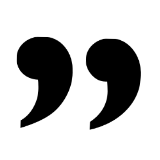

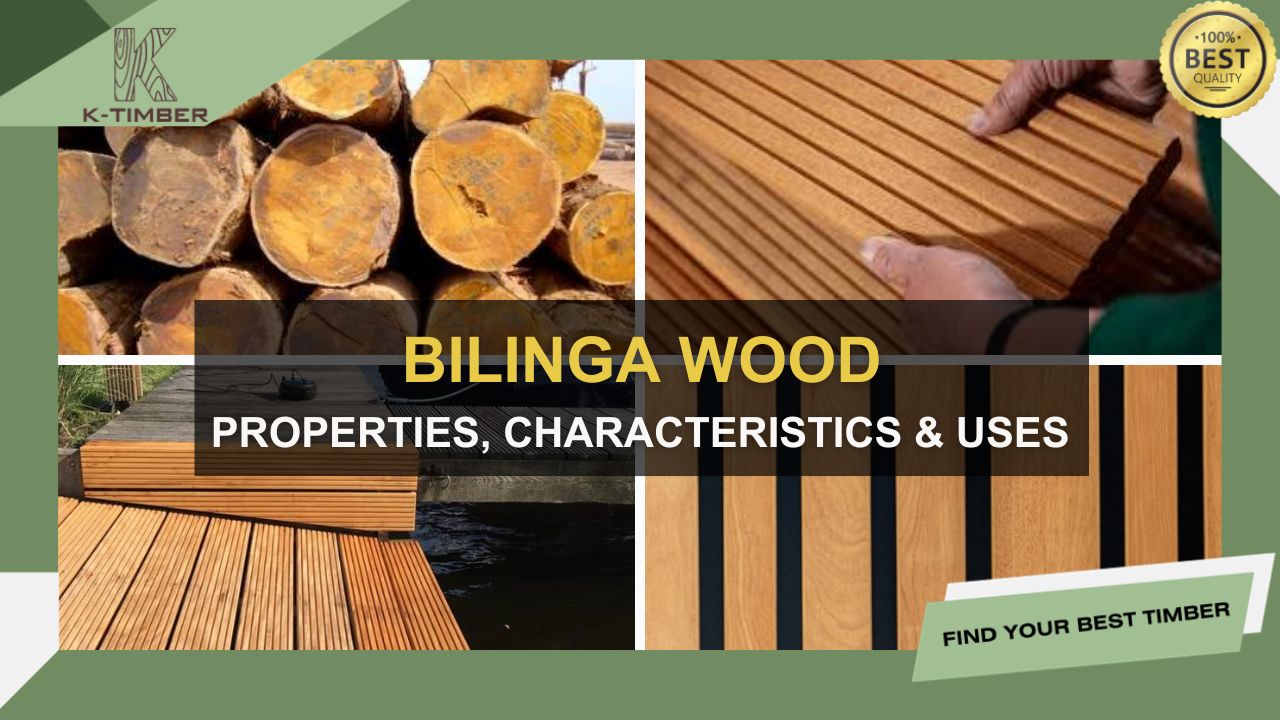
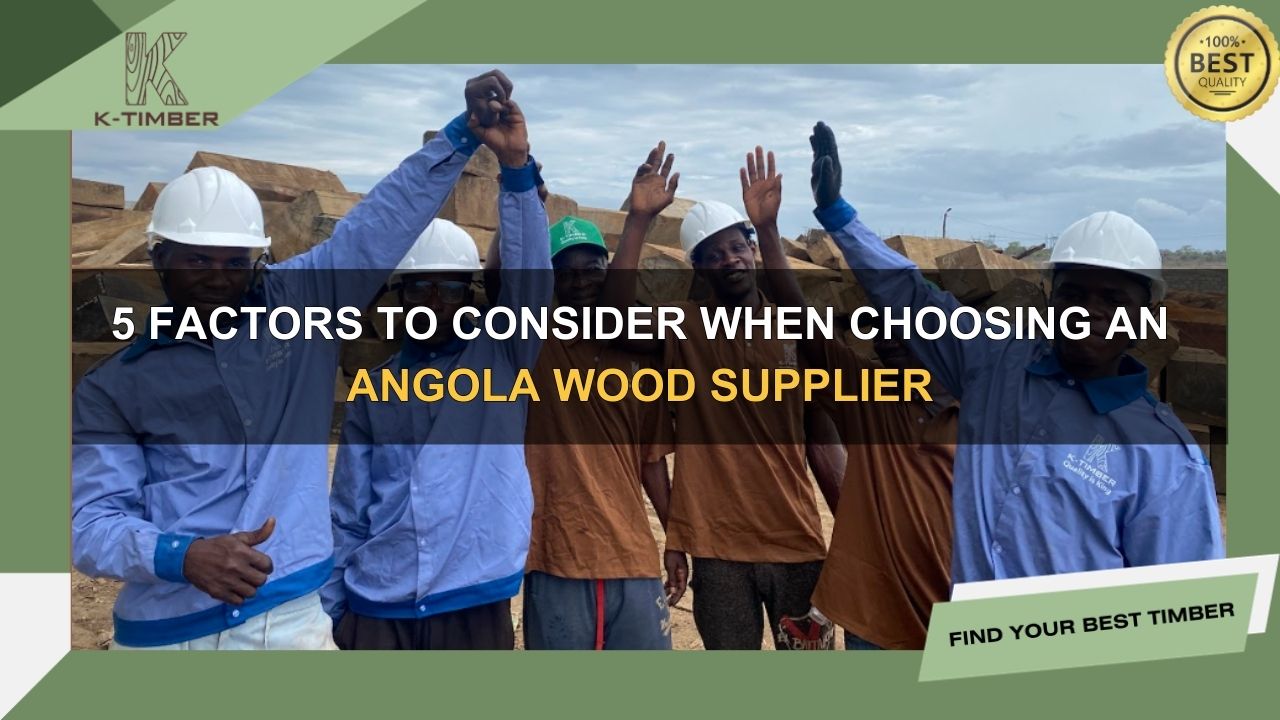
![[K-Timber] Blog Post Boder](https://k-timbers.com/wp-content/uploads/2024/07/K-Timber-Blog-Post-Boder-2.png)
